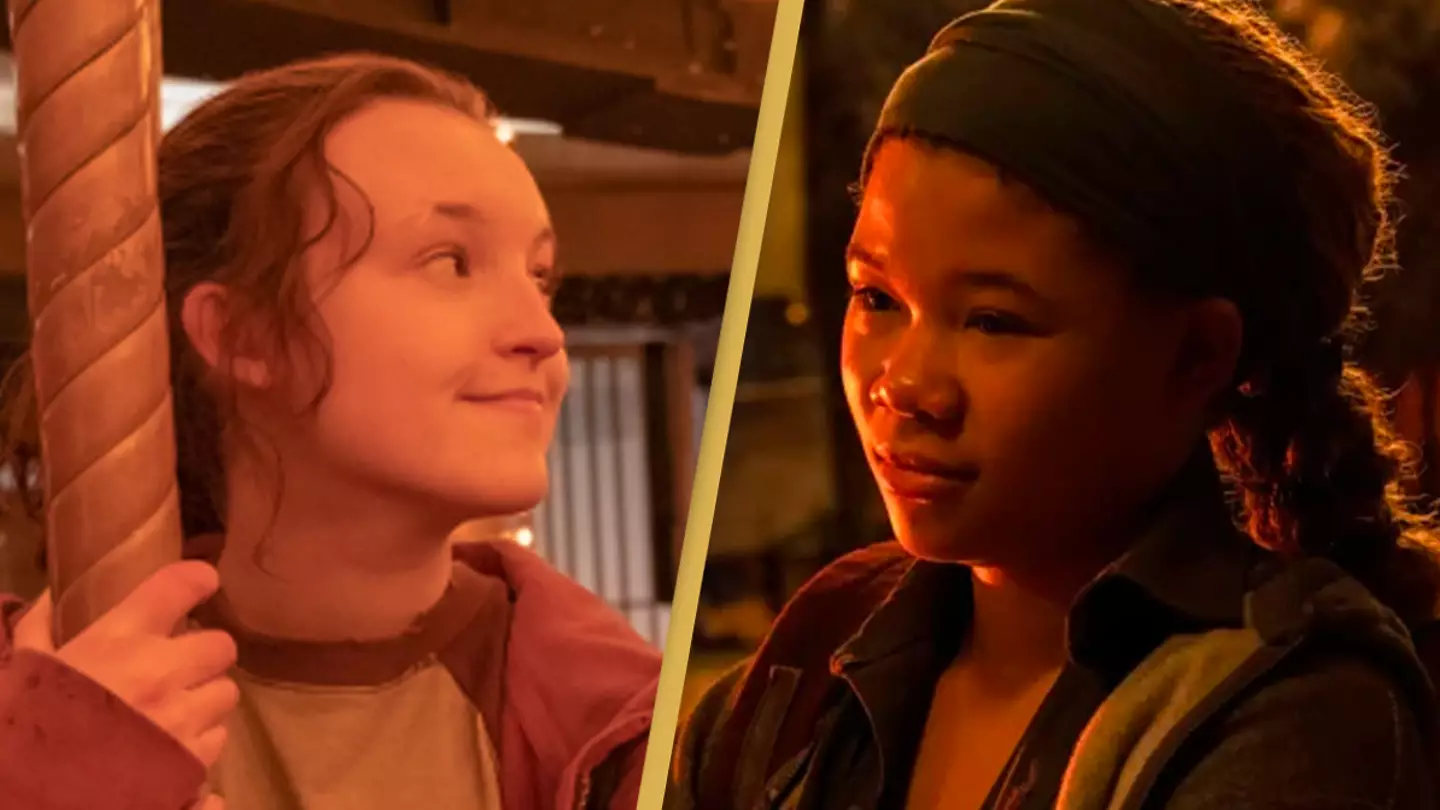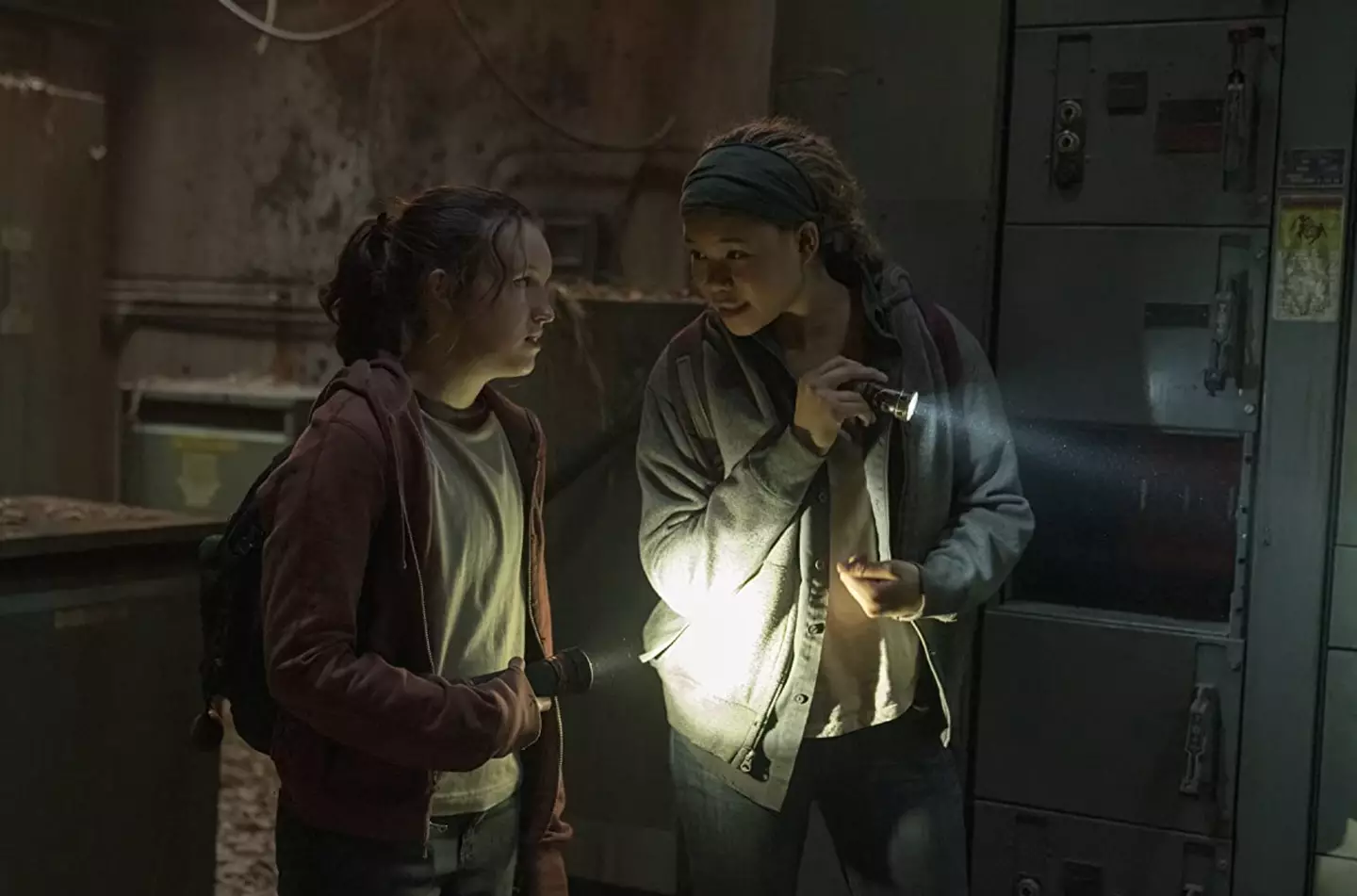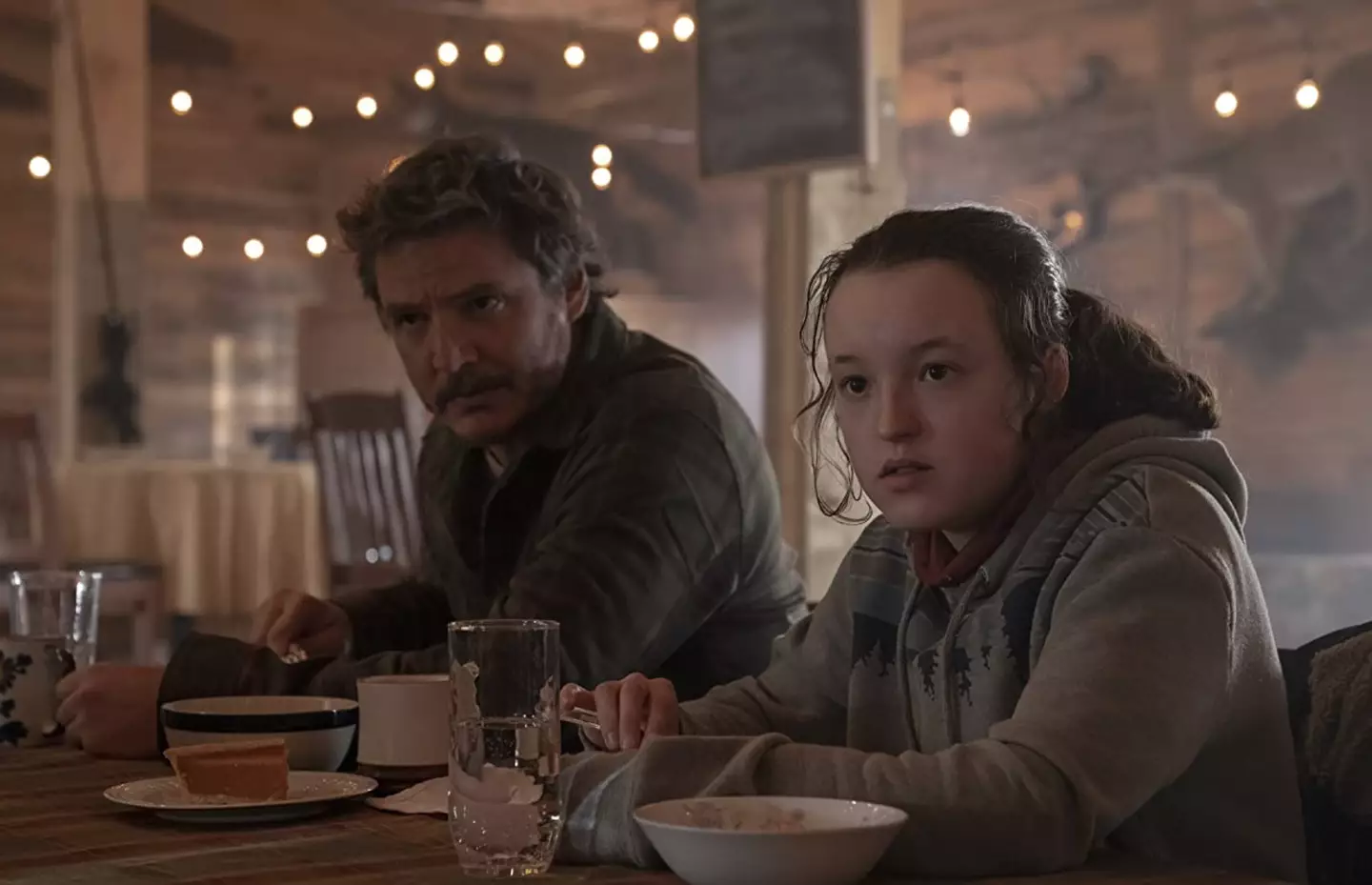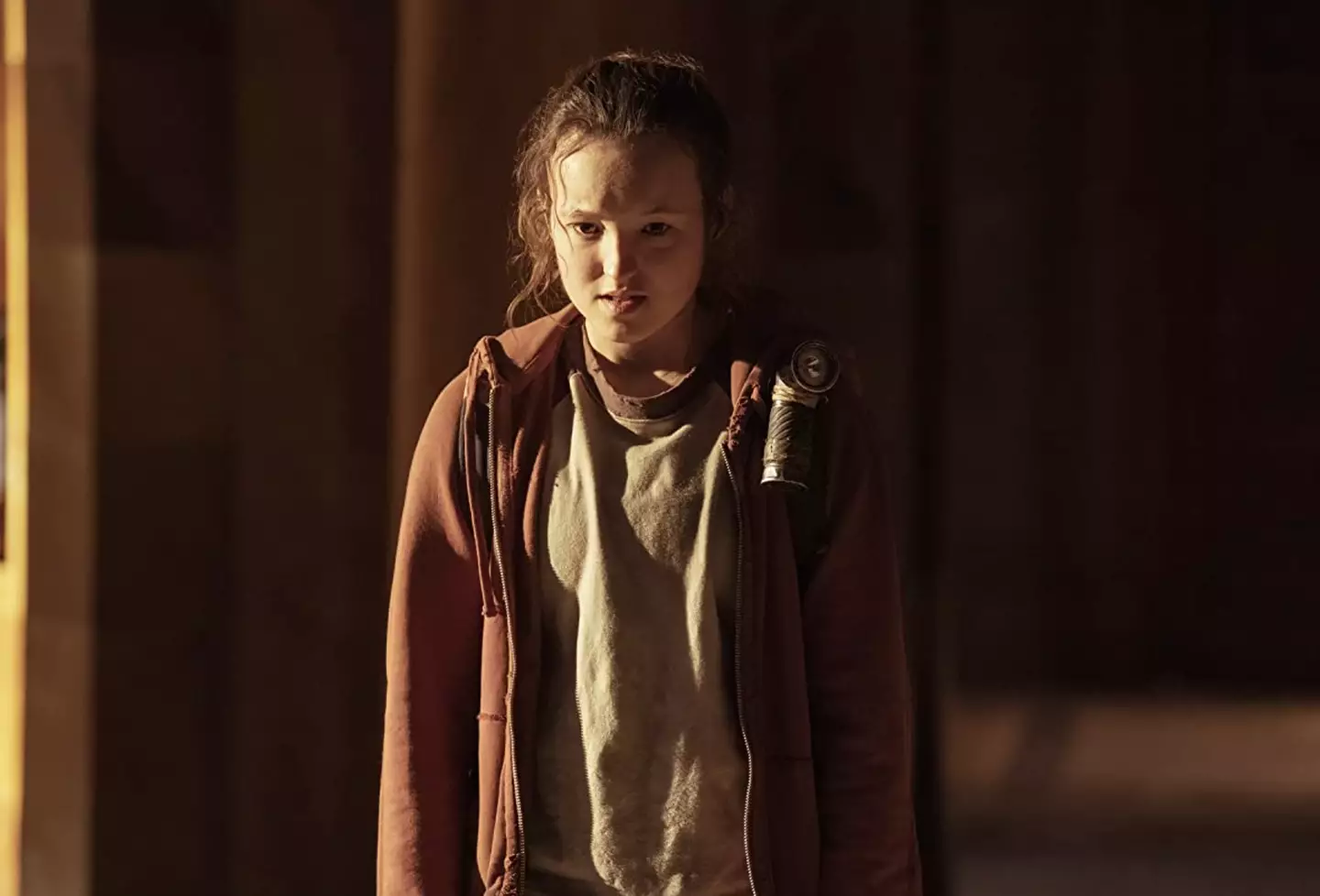
Many fans may have loved the heart-breaking LGBTQ+ love story between Ellie and Riley in the latest episode of The Last Of Us, but stars of the series have had to hit back at homophobic trolls.
It’s not the first time this has happened with the HBO adaptation, as episode three also showed the love story between Bill (Nick Offerman) and Frank (Murray Bartlett).
After the backlash from episode seven, actor Storm Reid simply said that those who don’t like it, don’t have to watch.

Advert
As well as introducing the love story between Ellie and Riley, the latest episode acted as an origin story for the 14-year-old protagonist.
Based on the 'Left Behind' quest in the original game, episode seven of the HBO series shows the pair training as soldiers in Boston during the apocalypse.
Despite the dorm mates getting close, Riley decides to leave, and they sneak out to spend one final night together, sharing their first kiss.
Reid described the series' latest episode as ‘beautiful’, as the relationship unfolds.
Advert

She explained: “We are on the tightrope of a friendship and having a crush, or is it a crush? Is it just flirtatious energy? There's just so much that goes into the complexity of what the episode is. And furthermore, the complexity of what Ellie and Riley's relationship is I find just so beautiful."
Referring to Ramsey’s previous comments, the actress told Entertainment Weekly that she wasn’t concerned about the homophobia and instead was just focusing on the series’ storytelling.
“Like Bella said when episode 3 came out: If you don't like it, don't watch," she told the publication.
Advert
She added: "It's 2023. If you're concerned about who I love, then I need you to get your priorities straight”.

Reid even said that the representation was what attracted her to the show, despite not being familiar with the source material.
She even had to ring her older brother, who plays the games, to explain some of the backstory to her, saying it was something she needed to ‘pay attention to’.
Advert
“I'm not only representing women. I'm representing young Black women and I'm representing young queer women that are experiencing new feelings and new relationships," she said, but admitted that she’d been aware people would have something to say.
She added: “I don't care because I'm proud of what we did and I'm proud of the story that we told and I'm proud of the people that we're representing."
Topics: Film and TV, LGBTQ